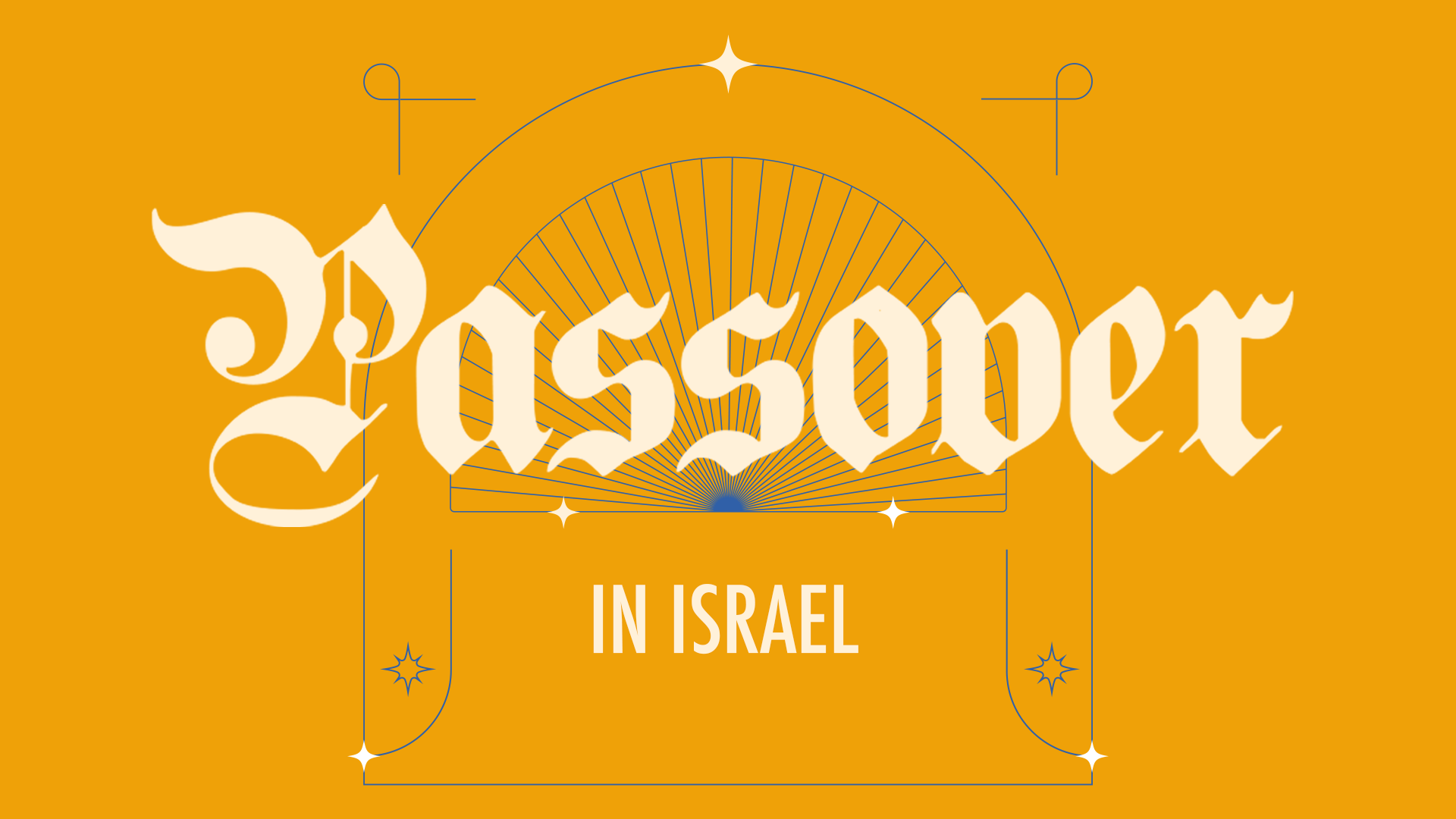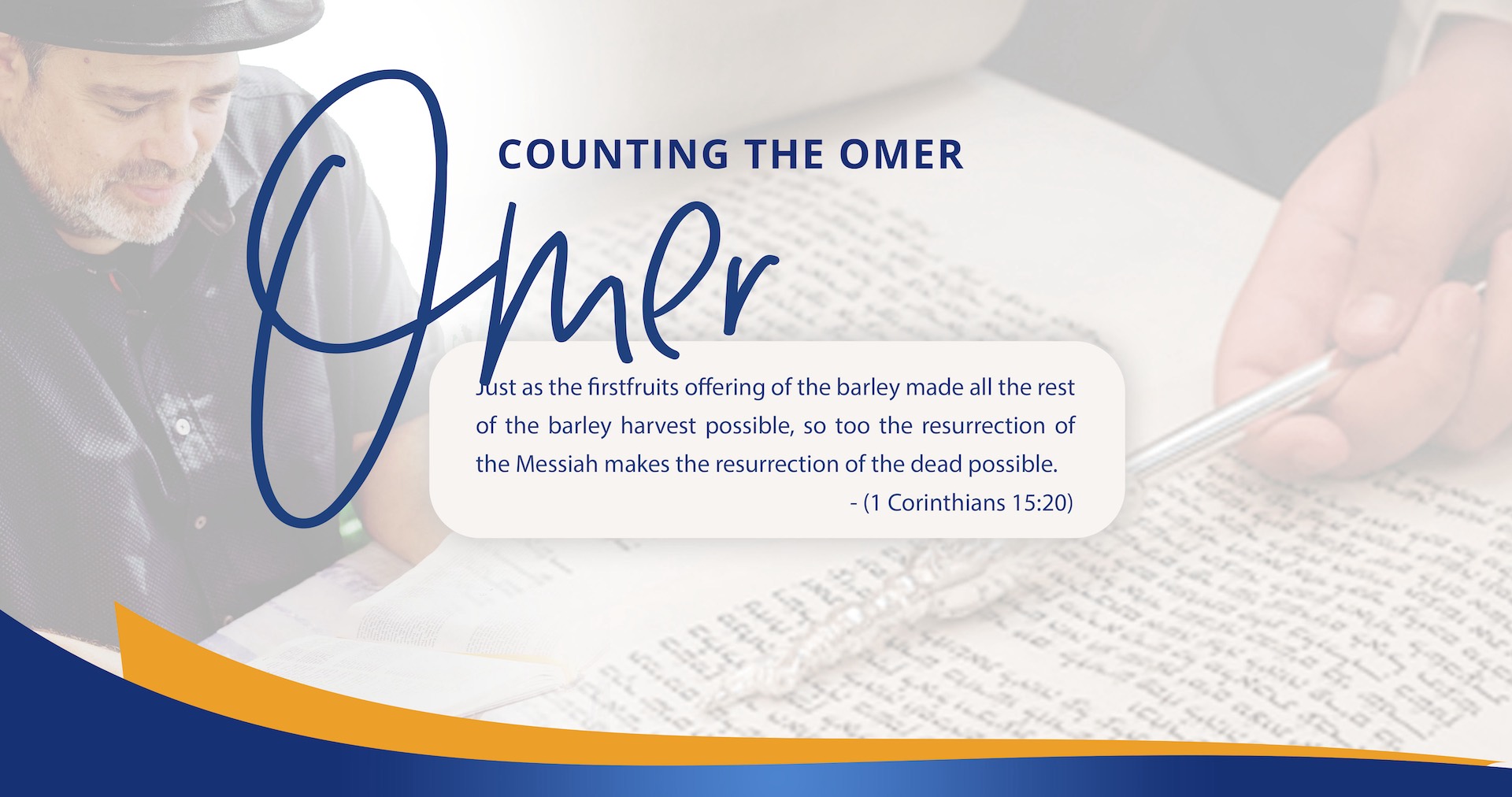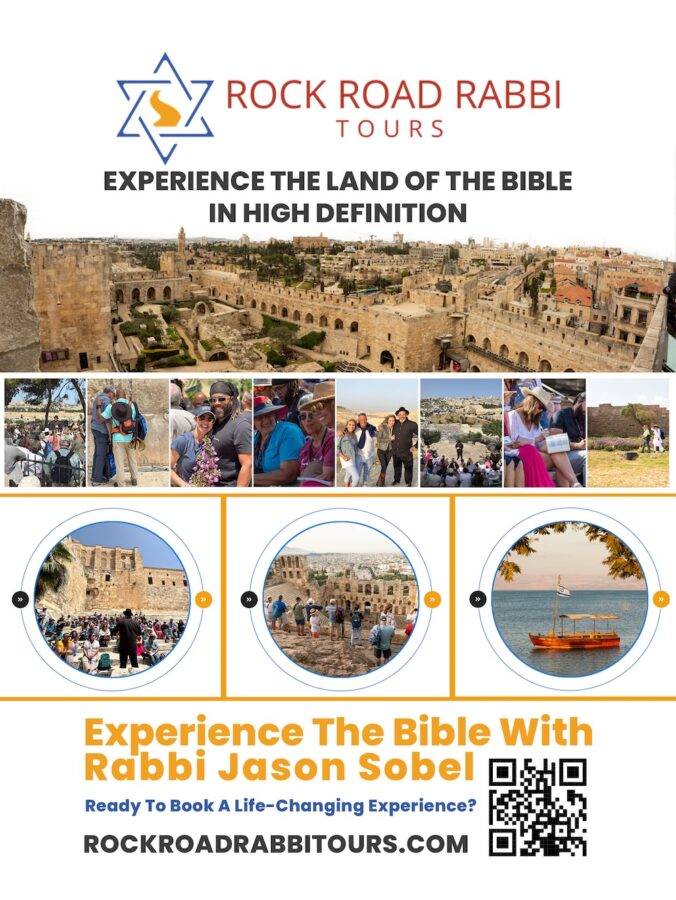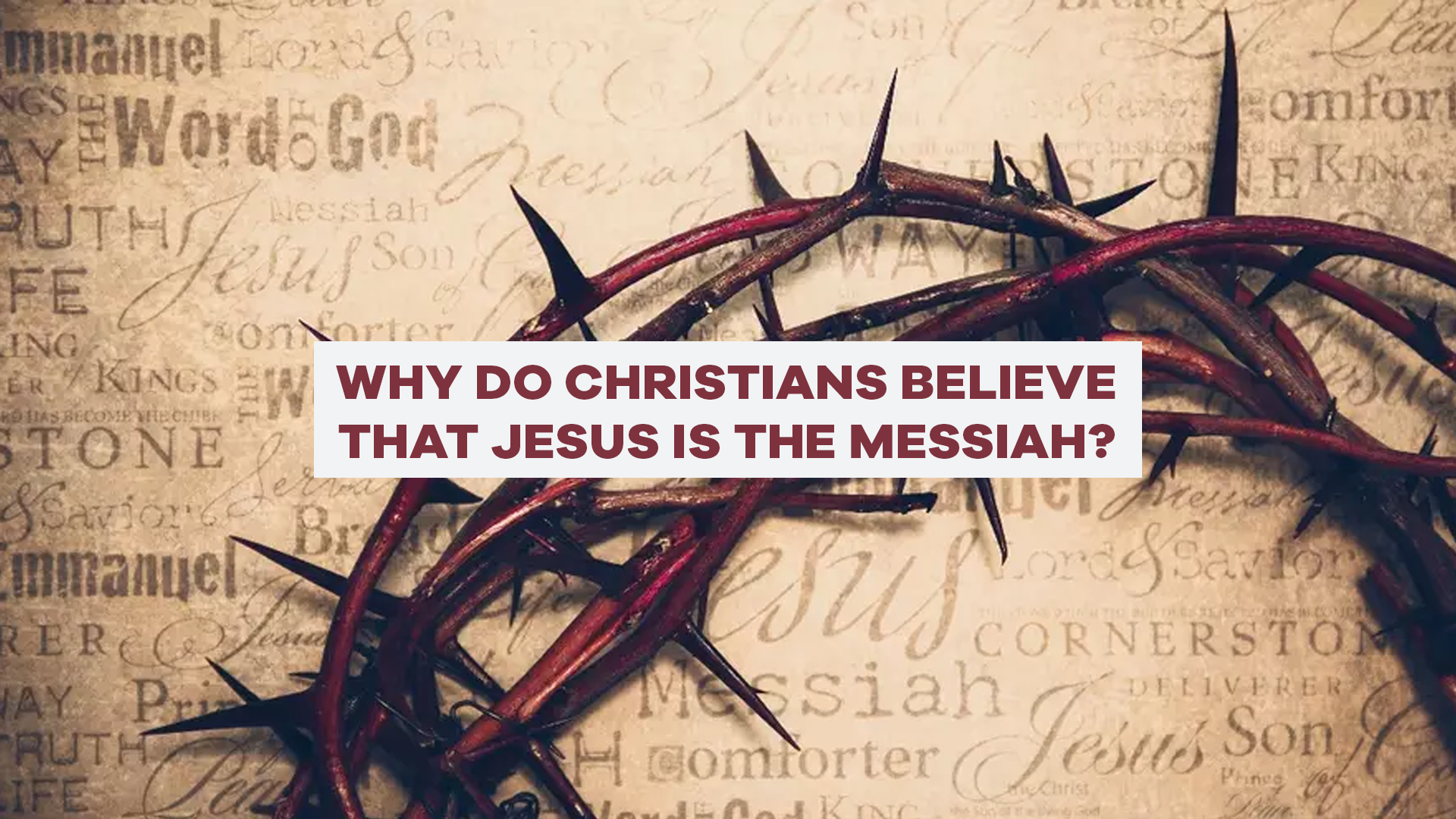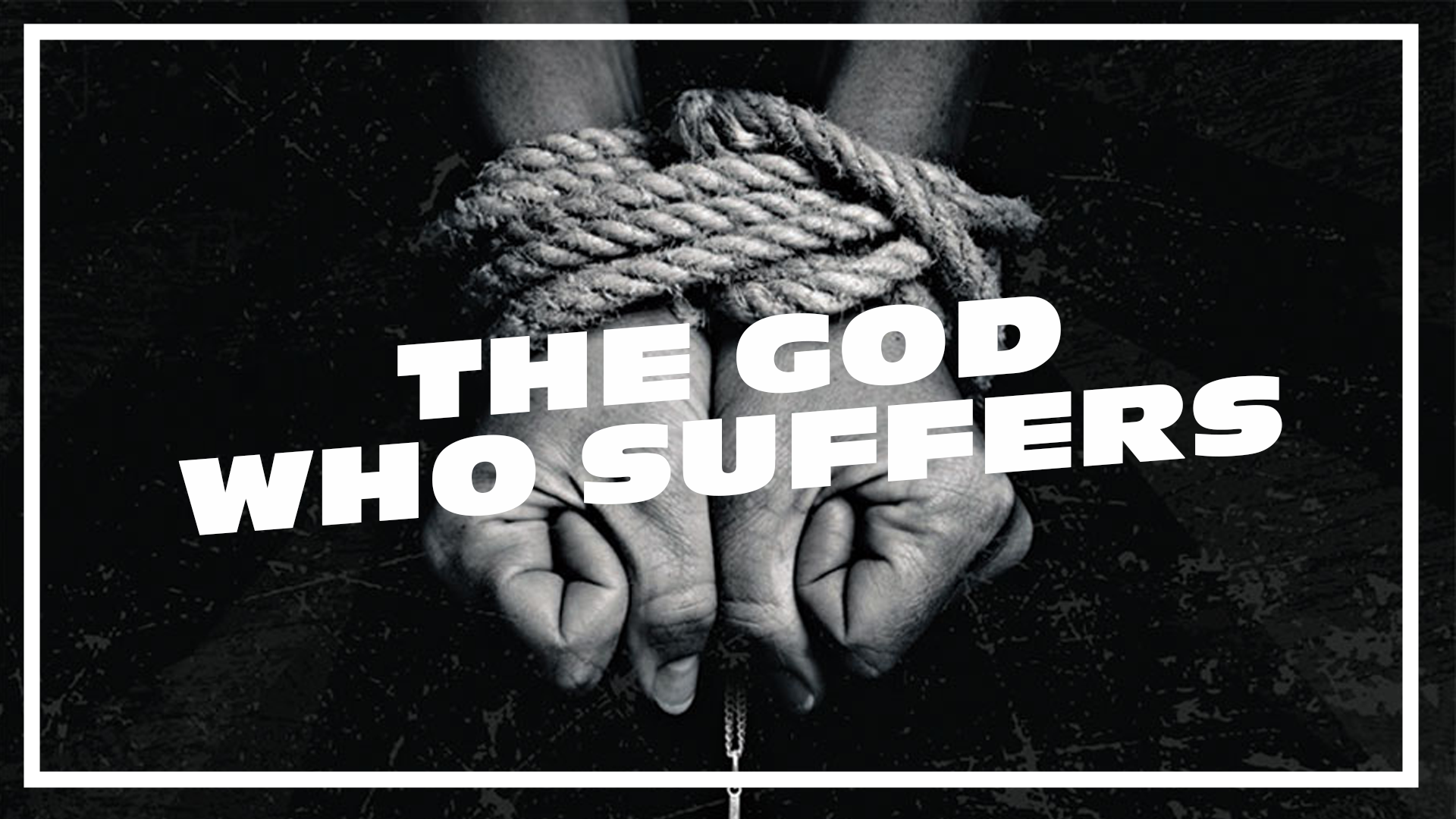Passover in Israel
The Spiritual Meaning Behind Passover
Have you ever wondered what it’s like to celebrate Passover in Israel, especially compared to its observance in the United States? Well, this will be your window into that world. There are many ways to tackle this topic, but I think it may be best to start with a foundation of what the holidays are. As we establish a clear sense of their similarities, we can understand their differences more easily (and accurately).
Rabbi Chaim David Azulai, in his work Lev David (chapter 29), asks why the Jewish people celebrate the holidays, emphasizing Hannukah and Purim. In the earliest days of these celebrations, only a portion of the Jews were directly affected because Jewish colonies had spread from Spain to India (modern-day Yemen was a Jewish kingdom at the time). He concludes that even the rabbinically established holidays (Hannukah and Purim)—and all the more so for major Biblically established ones—serve to unify all of Israel. This unity is particularly evident in bringing forth the blessing and the outpouring of the spirit that such a festival entails. This unity reaches its apex as the blessing said by the “least” of the people of God is combined with the piety of the “greatest” saint on that day and poured out on all the people. He writes,
So, on the deepest spiritual level, this is a time of tapping into the miracles of the past for the needs of the present.
These holidays also serve as tactile instruction for the next generation by teaching and reinforcing the faith. Much like the “flannel graphs” used in Christian Sunday schools to make the stories of the Bible come alive, the biblical holidays do this with customs, food, and even a few props. These aspects of the celebrations remain the same whether in Jerusalem, the U.S., or Antarctica. In that sense, one could argue that the most crucial elements of the holidays remain exactly the same, regardless of one’s geographical location.
That brings us to the differences… While majorly cosmetic, they can be rather profound. In the U.S. (and I’m sure Reisman and Berger both felt this acutely in their own way), those celebrating Passover often experience a sense of “otherness.” Shopping options can be minimal, as most foods are not kosher for Passover. Many have jokingly called the holiday of boiled meat and potatoes. Typically, there are no restaurants that one can go to, and if you are lucky enough to have a supermarket with a kosher section, it is miniscule. Celebrants enter into a “food bunker” where their gastronomical options are severely limited, and everything is a potential pollutant to their meticulously prepared Passover food.
Further pushing the feeling of otherness is that in the U.S., it’s not unusual for people to enjoy paid time off for holidays like Thanksgiving, Christmas, and Easter. Jewish people often have to use vacation days, or lacking those, beg off with no pay for the four days of the Passover holiday and are expected to work full days during the intermediary days. Oh yes, there are those two extra days of the Passover holiday at the start and end. In the beginning, this means going through the whole production process of the seder twice. Children who don’t attend Jewish parochial schools must miss classes to observe Passover. These sorts of details can make the celebration of Passover feel like two islands of religious observance with seven days of bad food in between, with Gentile neighbors asking, “What do you mean you can’t eat _____?”.
Contrastingly, Israel is a religious ethno-state. There isn’t the “separation of Church and State” that many Americans take for granted. Subsequently, all supermarkets, restaurants, food factories, etc. must convert to being kosher for Passover or close down by law. Don’t feel like cooking today? No problem! Head to the Burger Bar and get a lamb burger with garlic mayo and pesto on a potato starch bun (you can almost convince yourself it is bread) with a side of fries. On the other hand, those seeking entrance to any public space, such as a state park, hospital, or governmental building, should be prepared to have their bags searched—any food that is not in a sealed factory container with the proper Kosher certification will need to be disposed of before admission (think: TSA and water bottles at U.S. airports).
These aspects of Jewish Ethnostate also translate into the observance of the holiday. Only two days are “off” for Passover here in Israel: one at the start and one at the end. By law, businesses must close unless they pay for a permit to remain open. Most people also have off from work during those intermediary days. The unfortunate few who don’t are entitled to holiday pay for them and often wind up working only half days. Schools are closed. Educational institutions usually run various day camps throughout the week so the kids have something fun to do if they don’t have other plans. The various municipalities will have concerts and fairs in the afternoons and evenings.
Unlike the otherness and oddity one may feel in the U.S., all of these details make Passover in Israel feel like it is a part of the everyday rhythms of life. It’s talked about in schools beforehand, and kids bring home various Passover art projects. I hesitate to say that all of this can (ironically) result in Passover feeling less “special.” Of course, the seder and all the supporting details are still in place, but the overall experience is definitely less jarring. It’s almost like a “holiday autopilot” kicks in: Purim wraps up and people start preparing for Passover.
There is one thing that occurs during Passover that only happens in Israel. Certain groups of Jews have a custom to say Birkhat Kohanim—a distinctive blessing given by those who are of direct descent from the high priest Aaron—during Passover. As a celebration of Jewish unity, there is a mass blessing at the Kotel (Western Wall) on the third day of Passover. Hundreds of priests, perhaps even thousands, line with their backs to the wall and bless upward of 100,000 Jews. It’s a breathtaking experience that words and pictures cannot truly capture.
You simply must come to Israel to experience it! – RockRoadRabbiTours.com

